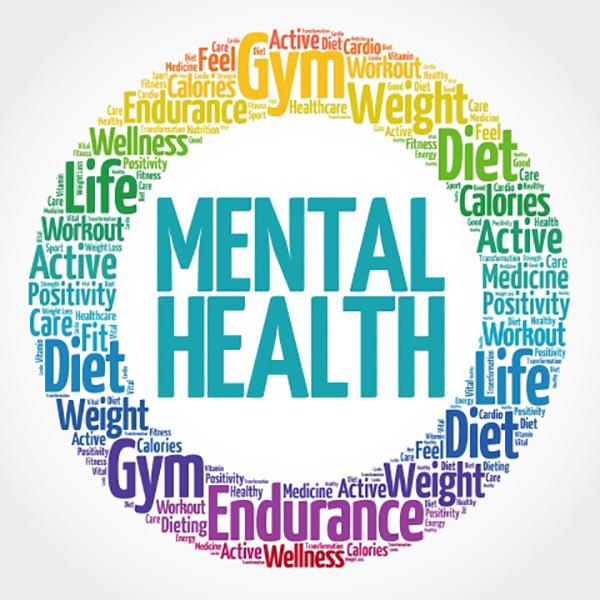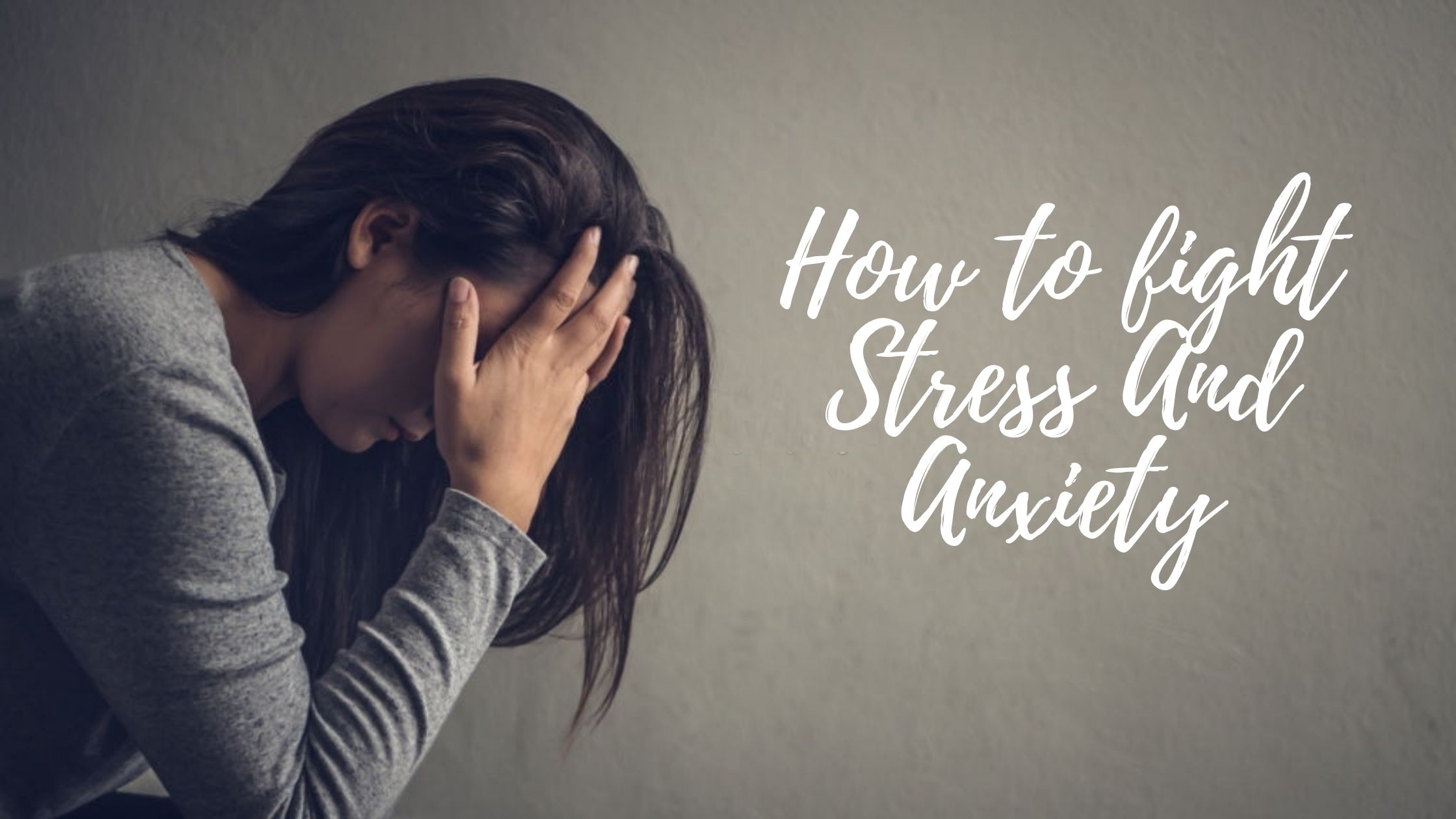What is Stress?
Stress is an inclination of enthusiastic or actual tension. It can emerge out of any function or felt that causes you to feel baffled, irate, or apprehensive. Stress is your body’s response to a test of interest. In short blasts, stress can be positive, for example, when it encourages you to dodge a threat or fulfill a time constraint.
What is Stress?
In this period of present-day innovation, this inquiry emerges in each psyche: what stress is? Stress is the common reaction of any individual to any circumstance or condition. This circumstance and condition can either be basic or ordinary.
Stress doesn’t generally make some genuine peril and impacts. Sometimes you are simply apprehensive that your psyche can envision, and the body may feel the most exceedingly terrible circumstances.
Do all levels of stress be harmful?
Not a wide range of pressure isn’t right. There are additionally transient Psychological reactions to push. The transient positive weight keeps you lively and propelled. If strain stays for quite a while, it can prompt serious illnesses and most exceedingly awful conditions.
Types of Stress:
- Acute stress
2. Episodic acute stress
3. Chronic stress
What is Acute stress?
Acute stress can occur if an individual faces at least one abrupt awful mishaps or circumstances. At the point when you unexpectedly have a mishap, you can consider the sentiment of an intense pressure problem.
As a reaction to horrible circumstances, one may feel some particular indications described as an intense pressure issue. It can cause physical, mental, and mental issues and wounds.
Acute stress had some serious and unsafe impacts. Like individuals may feel aloof, numb, and intellectually broken. Manifestations may occur following 3-4 days of the awful accident and can long work for one month.
Somebody can rapidly treat intense pressure issues within a month. If indications don’t vanish following a month, it can prompt a post-awful pressure request.
The contrast among intense and post-horrible pressure problem:
Both have nearly similar sort of side effects. Intense pressure is a transient pressure that, once analyzed, can be effortlessly treated well inside a month.
What leads to acute stress disorder?
Acute stress disorder doesn’t occur at the same time. It happens after unexpected basic functions. If you get any actual injury or an unexpected stun, you may get well with that stun or injury. Human cerebrums expand that horrendous accident.
You may ponder that injury constantly. It will make a wreck in your mind that may keep you wakeful throughout the night. The brain may replay recordings of that injury, which keeps you troubling constantly.
This schedule based mental unsettling influence can prompt intense pressure request. Somebody can rapidly treat this pressure at first, and if indications long for over a month, it can cause post-horrendous pressure request.
As per research, it expects that 20-30% of individuals engage in a serious mishap day by day. Also, roughly 50% of them get influenced by post-horrendous pressure request. PTSO is either more basic than intense pressure requests.
Symptoms of acute stress:
Somebody can rapidly analyze intense pressure when manifestations occur within 3-4 days of the injury. These side effects can remain for a month or a limit of 40 days. In the event that it yearns for over a month, there are more odds of post-horrible pressure request.
On the off chance that somebody is recently determined to have any genuine and basic ailment, their life will be at more danger after being determined to have an intense pressure problem.
What is Episodic Acute Stress?
Episodic stress disorder is the point at which an individual appears troublesome circumstances and functions daily.It can cause both physical and mental fatigue. Others misjudge the person in question and don’t think about his condition.
Long-winded pressure can cause lifetime infections. Somebody can not treat it inside a week or month. The casualty should take great therapist meetings for his satisfactory conference and treatment.
What leads to episodic stress disorder?
Typically, individuals who take on a bigger number of duties than they can deal with experience the ill effects of this pressure. Such an individual mostly lives with a disorderly perspective. Their routine is consistently frenzied. They don’t live in regular daily existence.
Such individuals rush to do anything with no appropriate arranging. They are casualties. Things consistently turn out badly in their lives. Individuals actually misjudge them. Individuals think about their issues as weak.
These individuals don’t impart their issues to other people. They feel awkward while discussing them. That directly results from two reasons. One, they don’t think about their issues and disregard them.
Also, they may feel that others can’t comprehend their issues. That prompts the most noticeably terrible condition alongside lifetime harm.
It influences their capacity to live in regular day-to-day existence.
Symptoms for episodic stress disorder:
Some common symptoms of episodic stress disorder are:
- Headaches
- Relationship problems
- Fast heartbeat
- Gastrointestinal problems
- Irritability and boredom
- Losing self-control
- Hypertension
- Heart diseases and muscular pain
- Panic attacks
- High blood pressure
- Digestion problems
What is chronic stress disorder?
At the point when an individual faces unpredictable and testing circumstances for a long and inconclusive period, they become a survivor of a constant pressure issue. In such kind, somebody meets unusual conditions every day.
In constant pressure issues, things are ordinarily out of your control. Constant pressure causes troubles every day. So most individuals become accustomed to it. They don’t think of it as an infection or even weight type.
Individuals disregard the side effects of constant pressure. They quit battling for it. Thusly, such nervousness is trying to fix and to get freed. Indeed, even somebody gets appropriate treatment, and it is hard to fix it totally.
What leads to chronic stress disorder?
Ongoing pressure results after a long haul, genuinely unpleasant condition. A persistently, distressing individual encounters dangerous circumstances day by day.
Circumstances that are ordinarily crazy reason ongoing pressure. The underlying driver of constant pressure mostly happens from a more youthful age, similar to adolescence. It shows its shocking outcomes at a grown-up age.
An investigation shows that practically 43% of grown-ups become a casualty of ongoing pressure. It has no sexual orientation segregation. Persistent pressure can similarly influence ladies and men.
Symptoms of Chronic stress disorder:
Some common symptoms of chronic stress disorder are:
- Heart problems
- Problems of the immune system
- Irritability
- Unable to sleep
- Regular headaches
- Low self-esteem
- Problems with the nervous system
- Weight loss or gain
- Stroke
- Memory and concentration issues
- Digestive disorders
- Cardiovascular
- Social isolation
- Anger and anxiety
- Diabetes
- High blood pressure
- Inhibition of growth
Frequently asked questions
How does mindfulness help with stress?
Mindfulness is useful for a wide range of pressure. It helps in lessening nervousness and sorrow. It likewise forestalls further odds of weight. It causes your cerebrum to feel lighter. It makes you genuinely serious and reinforces your conduct in horrendous circumstances.
Which type of stress is the worst?
Chronic stress disorder is the most exceedingly awful among all. It occurs after long haul injury and makes an individual actually and intellectually sick. Constant pressure manifestations incorporate cerebral pain, circulatory strain, tension, alarm assaults, and other dairy-based illnesses.
What are stress triggers?
Stressors are the conditions, or functions that cause pressure. Stress can be present moment or long haul, contingent upon the underlying driver of producing the genuine issue. Transient pressure prompts intense pressure, which is anything but difficult to manage and fix. Conversely, long haul pressure prompts constant pressure problem that is a drawn-out illness. Persistent pressure isn’t anything but difficult to treat and causes lifetime sicknesses.
Conclusion:
Stress types are significant for recognizing what level of pressure you are at, and how to manage it. There are three sorts of pressure: intense, rambling, and persistent pressure problems. Not a wide range of pressure is destructive.
Intense pressure occurs because of abrupt, horrendous circumstances. Everyday schedule time issues cause rambling pressure, and constant pressure can occur because of long haul testing and horrible circumstances.
On the off chance that you feel any sign of any sort of pressure, don’t disregard it. Analyze your concern at the earliest opportunity. On the off chance that essential, attempt to counsel a specialist. Have an appropriate eating routine and keep up a fair way of life for forestalling any pressure types.
















0 Comments